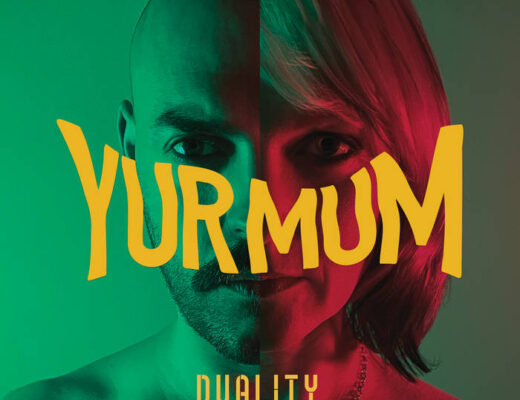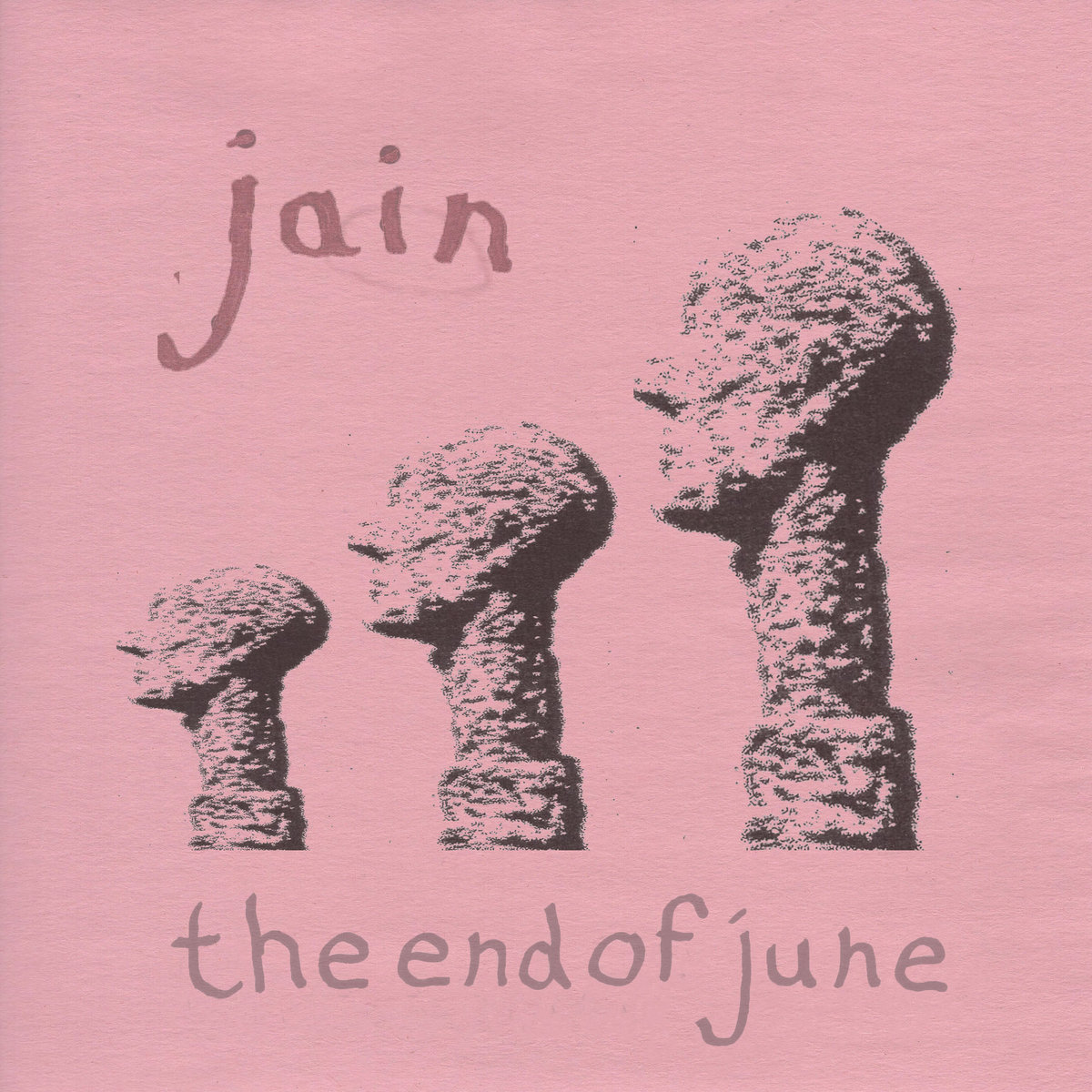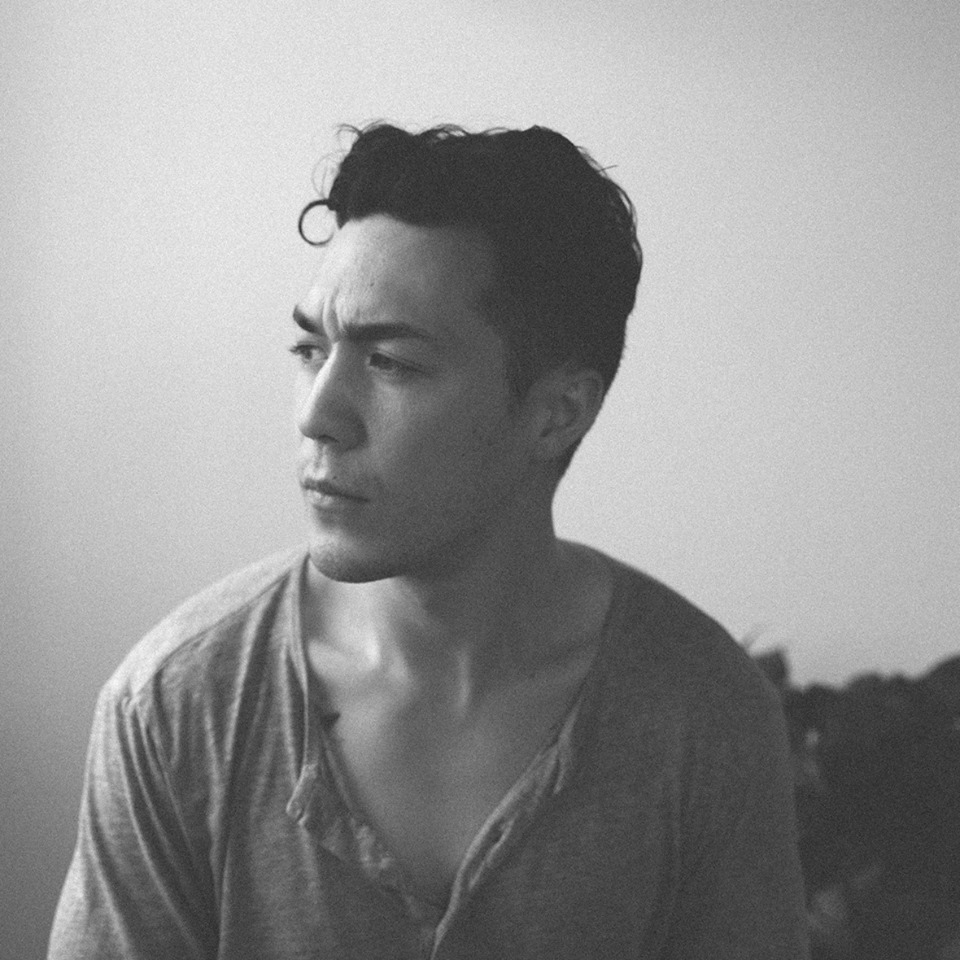Taking us much deeper within the mesmerizing new release Delicious Vignettes Of Recent American Kind, Evergreen kindly sat down with us and provided an insightful interview. Showing what true values are, a love of sci-fi and the classical cellist life, we find a truly inspired creative who makes music for the love of the art form.
Hello, there Evergreen. Thank you for joining us. What did you consume for breakfast and what inspires you each day?
Hi! Thank you so much for having me. I like your opening question. For breakfast I had eggs over easy drizzled with honey on toast. The honey is everything, don’t knock it till you’ve tried it, it might change your life. I learned that from my friend Millie.
My daily inspiration! What a multifaceted question. I have many different avenues and passions in my life, that all drive towards more or less the same thing: promoting a society that values and practices equity, creativity, empowerment, and emotional development in education. This shows up in my work as a music teacher, in my music itself, and in my exploration of global social patterns and studies of family systems and educational models. I feel a deep urgency to address these issues because as both a student and as an educator I have seen how vitalizing and life-giving an education can be when it is rooted in empathy, emotional maturity, and equity, and I have seen how damaging an education can be when those elements are not present.
Antonín Dvořák. How were you first introduced to his works and did this experience change your perspective?
I was trained classically from 5 years old, and I’ve heard Dvořák’s works since I was a little girl. He is a pillar in classical music, and his cello concerto is considered the pinnacle of cello performance – in the classical circles I used to run in, if you could play the Dvořák Cello Concerto you could consider yourself a professional cellist. I didn’t really have another model for what being a professional musician could be, so this was the goal of my life for as long as I had the classical dream.
When I was about 13, I attended a masterclass by the Aeolus Quartet in which they studied the American String Quartet. They analyzed the opening viola solo from the first movement, and presented a few different phrasing and melody variations, including one that was an exaggeration performed for a laugh: the violist made the solo sound like a train. I was immediately intrigued: for the first time in all my classical studies, the music had briefly become tied to something concrete and tangible, and was something more than an abstract emotional concept that my angsty teenage self could lose myself in. That memory tickled my mind for a long time.
Please tell us all about your new release and how the process worked throughout.
Dvořák composed the original quartet in 1893 while living in America and was deeply influenced by singularly American sounds such as American birds, trains, folk songs, First Nations rituals, and especially African American spirituals. The piece subsequently entered the canon of classical standards, and as a result of nearly a century and a half of trend developments in classical music, a stylistic distance has grown between performances of the piece and its American roots. The project of the LP is to reinterpret the American String Quartet in genres that derived from the music and sounds that originally inspired Dvořák’s composition. I was really inspired by the masterclass I talked about earlier, and during the pandemic, I got a chance to sit down and make a bluegrass arrangement of the 4th movement. A little while later, I met the love of my life, who is a bluegrass musician, and he and our mutual friends performed it live for the first time in December 2021. After that, the rest of the movements just fell into place in my mind–each movement practically asked to be rearranged in a specific way–Broadway showtune (cue “jazzhands”), a jazz ballad, and a Latin nylon folk piece. From there, it was just a question of hiring professional musicians of each genre who knew how to make those genres come to life authentically. It was a wonderful experience for me to learn from each of these people about the genres they performed that I was trying to emulate.
Your dream of a Broadway jazz orchestra show gives us goosebumps. Have you been keen on this type of show for a while now and has this added to your motivation to achieve your goal?
It was just one of the genres that came to mind when I was thinking about how I would like to arrange the quartet. I’ve played in a lot of “pops” orchestras in my time, and this kind of film/Broadway orchestral music is one of the genres that is closer to classical without being strictly classical. It worked out well that the piece asked to be a showier type of arrangement. I would LOVE to make a music video in the style of a sci-fi or movie musical film trailer, with this piece raging in the background. I totally see the laser guns and cyborg suffragettes. That would be super fun.
How did music change your life and what is the best perk about being a musician?
Music is basically the vessel that I use and has always used to interact with the professional world. I used to be totally obsessed with it, I wanted to be the next Yoyo Ma, I wanted to play the Lincoln Center, blah blah. I was really into it for the acclaim. Now, I do it because I have something to say that I think is important, which is this: every human deserves to feel their human right to make music. With the way music is treated nowadays in the commercialized and professionalized world, too many people think they can’t access music: “I can’t sing” or “I don’t really play the guitar, I only know a few chords.” I call BS! Not only can everybody sing, but everybody has the right to sing. It’s a matter of taking up the space you deserve, expressing yourself in the way you deserve, and being loud and proud about who you are. Everybody has that right. It comes with freedom of speech. No one should feel shamed or ashamed for any perceived musical lack, because such a thing doesn’t exist and is simply a construct built by people who want a certain message, style, culture, or even specific composers or musicians to be platformed above others. It doesn’t matter where you come from or what you sound like; your voice matters. This arbitrary and pretentious fragmentation of who is and who isn’t allowed to make music is a huge problem in the classical scene, as compared to folk and bluegrass where there is both high, high skill and also accessibility for people who haven’t tried it out before. My favorite thing about being a musician is that people can just *play* in circles around campfires or at a potluck or in a living room and singing songs that everybody knows all together with people who may be totally confident or who may have never sung in public before. It’s such an empowering feeling that everybody deserves to have.
You were raised a classical cellist and are now a music educator. What was the training like for both and do you love what you do?
Wow, loaded question. The classical training got me to become a great technical player, but was in a lot of ways very soul-draining. The issue with classical music is that when the modern musician is merely a vessel for the 200 years dead white man with God status (henceforth in this contract named the “Composer”), it’s very hard to have creative autonomy in the present-day. The culture that I was brought up in was heavily traditionalist, and because classical music is typically the only kind of music taught or accepted in schools, there’s this implication that if you aren’t classically trained you’re not a “real” musician. This is a really common psychological boundary for a lot of classical and non-classical musicians alike, which is so ironic and such a fallacy for so many reasons. So my passion as a music educator is to bring people in to music, regardless of their interest in the classical genre, and tap into the active verb “play!” I learned a lot from my teacher trainings with Elise Winters of Kaleidoscopes for Violin who fuses tactile and dancing games, play, and actual violin learning, and I also learned a ton from my Waldorf music teacher training and my yoga teacher training. Those three modalities really center the student’s play-like learning experience and creative individuality, which I deeply appreciate. My passion is to help people unlock their inner musician by creating a safe space for any kind of sound their soul is desiring to make. Music doesn’t need to fit in boxes, because music encompasses all genres, cultures and really all sounds. My mission is to make music truly a freeing experience for my students.
Last, are there any countries you’d like to visit and play live in?
My partner and I are actually moving to Ireland in the autumn! We will be attending university there. We’ve just finished a 7 month trip around Europe to find our dream community and university, and Ireland just checks all the boxes. Of course, there is an incredible and vibrant music scene there, and I am very excited to learn as much as I can about Celtic music, culture, history, and folklore. I’m excited to travel everywhere else too, and learn from music cultures all around the world!
–
Turn this 7-track album up on Spotify.
Interview by Llewelyn Screen




No Comments